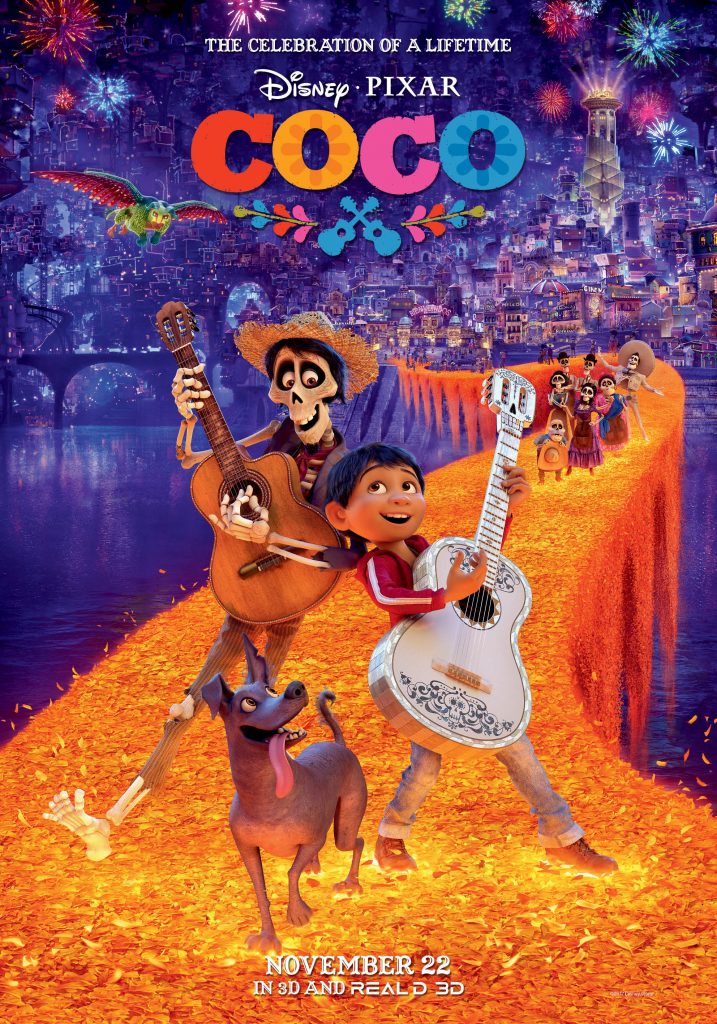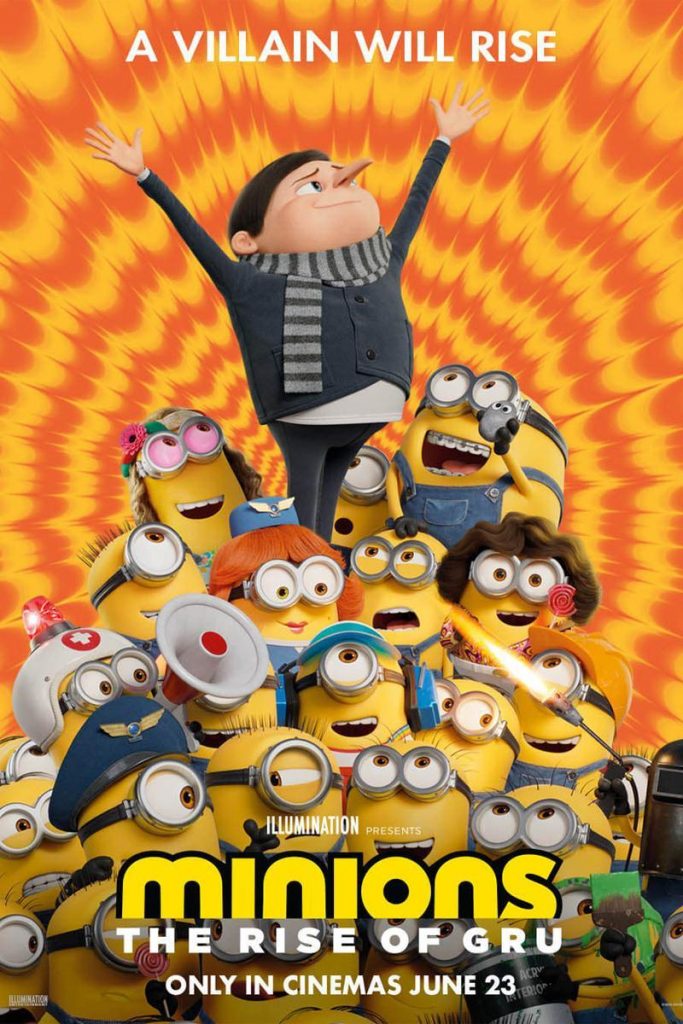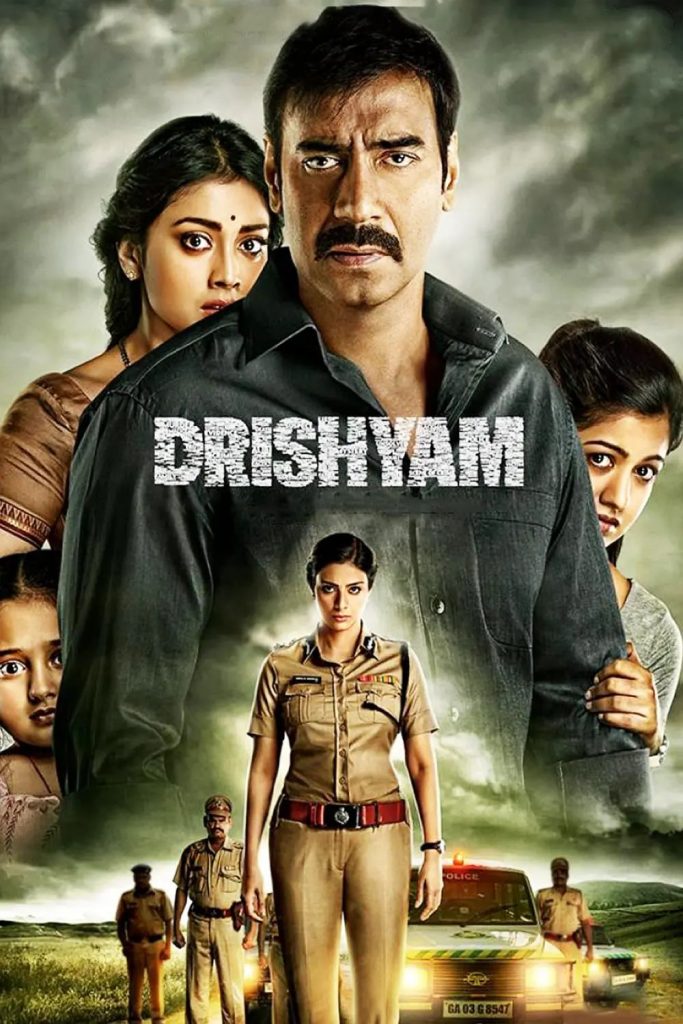The black maid Minnie in The Help, played by Octavia Spencer, took home a Best Supporting Actress Oscar in 2011 for her role, and six years later she was nominated for a Best Supporting Actress Oscar in 2017 for another anti-racist role in Hidden Figures.
Best Picture in 2017 was Moonlight Boy, and the Academy Awards have always valued politically correct films.
Of course I don’t think that political correctness is the only criterion for judging the Academy Awards, it’s just that I feel that this factor is taking on more and more weight in the selection process, which is not a very good sign.
Going back to the film, it takes place in the 1960s in America, where Martin Luther King is lobbying the country to pass the Civil Rights Act to give blacks fair rights.
Yet in some continents where traditional thinking is deeply rooted, blacks are still treated as slaves and although they are able to ride the bus, they can be deported at any time. They clean, cook and do laundry in white homes, but are forbidden to use the family toilet.
No black person was even allowed to be inside the living room at all when the master’s family was meeting guests. And the prevalence of the Ku Klux Klan left blacks with no basic security for their lives.
Under these circumstances, Skeeter, a young white girl who was brought up by a black maid and aspires to be a journalist, plans to write a book to reveal to the public the injustices suffered by black people.
Of course, writing a book is not an easy task, and at first hardly any black people dare to tell Skeeter what they are going through and what they have to say inside, as they endure discrimination and humiliation while at the same time behaving as if they are happy and grateful to the white upper class for having their own toilet.
Based on the novel of the same name, the film captures several details of the story in a tense manner.
In particular, the film is very successful in its portrayal of the collective consciousness of the so-called white upper class, a solidified class in which everyone is used to expressing, voluntarily or involuntarily, their distaste for black people.
The moment one person shows the slightest sympathy or politeness towards black people, they are not accepted by this upper class.
This is true of building toilets in one’s own home exclusively for blacks, and of not allowing blacks into banquet halls. The main character Skeeter’s mother kicks out the decades-old maid who has worked in her house because she has been named one of America’s outstanding women.
Although she may not approve of this in her heart of hearts, she is determined to get rid of the faithful old maid under the watchful eye of a circle of noble women.
The same goes for the toilets, where few housewives can bear the discriminatory look of a black servant using the same toilet as a black person when the circle tells them that you can catch a disease.
On the other hand, the same is true on another level. Few black people are willing to express, let alone resist, the pain that this discrimination causes them; most are exhorted to endure it, to bear it.
They feel: if you show it, you will face unemployment, starvation of your children, and even physical assault.
Compared to the issue of racism, I think the film is more vivid in its portrayal of the issue of herd mentality.
Sometimes we have what seems to be a very irrational outbreak of mass events, usually because of this herd mentality. When an “absolute truth” is routinely enforced by the majority, anyone who shows a different voice is considered a deviant. This happens on most issues, not just racial ones.
Le Pen’s ‘The Ravens’ describes this phenomenon clearly. Guided by groupthink, where rightness or wrongness is secondary to conformity, group exclusion can be extraordinarily intense.
So both Skeeter, who stands up for the blacks, and Minnie, who seeks fair rights for herself, are rebels in both groups, and both are under enormous pressure from the group.
Skeeter, in particular, has a mother who wants her daughter to marry into a well-to-do family at an early age, friends who look at the somewhat eccentric girl with mock disdain, and a boyfriend who walks away unceremoniously when he knows she is speaking out for black people, even though the man seemed gentle and funny before that.
I thought Skeeter’s character Emma Stone was better in this film than she was six years later, when she won the Best Actress Oscar for Moonlighting.
In The Help, she’s much more innocent and heartless, without a lot of preaching, just doing what she has to do to give the old man who grew up taking care of her the treatment she deserves.













